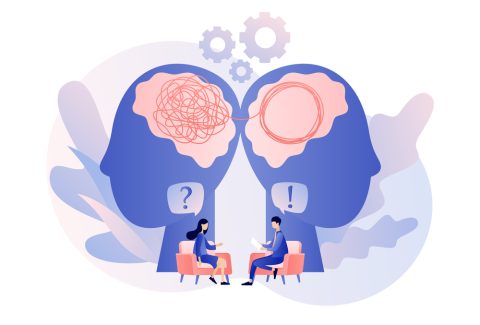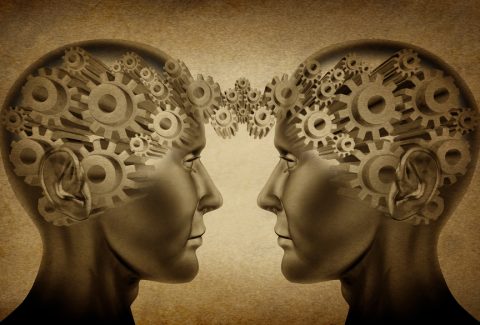The Healing Power of Living in Alignment with Our Deepest Values

The Healing Power of Living in Alignment with Our Deepest Values
In the labyrinth of our minds, mental and emotional suffering often entangle us in a web of confusion, despair, and unrest. Yet, amidst the chaos, there exists a profound truth: the transformative potential of aligning our actions with our deepest values. By living authentically and in harmony with our core principles, we can liberate ourselves from the shackles of suffering and embark on a journey towards inner peace and fulfillment.
The Search for Meaning and Purpose
At the core of our human experience lies a fundamental longing for meaning and purpose.[1] We yearn to live lives of significance and fulfillment, yet often find ourselves adrift in a sea of uncertainty and doubt. Mental and emotional suffering arises when we feel disconnected from our true selves and the values that give our lives meaning.
The Promise of Alignment
The promise of aligning our actions with our deepest values lies in its ability to anchor us in a sense of purpose and direction, even amidst life’s storms. When we live in accordance with our core principles – whether they be love, compassion, integrity, or growth – we tap into a wellspring of inner strength and resilience that empowers us to navigate life’s challenges with grace and dignity.[2]
The Practice of Values-Based Living
The journey of aligning our actions with our deepest values[3] begins with values clarification – the process of identifying and clarifying our core principles. This involves introspection, self-reflection, and mindful inquiry into what truly matters to us and what gives our lives meaning and purpose. Once we have clarified our values, the next step is to embody them in our daily lives through values-based[4] action. This requires courage, commitment, and a willingness to live authentically, even in the face of adversity.
Finding Relief from Suffering
In the embrace of values-based living, we find relief from the burden of mental and emotional suffering. Rather than seeking happiness or fulfillment in external sources, we discover contentment and peace within ourselves.[5] By living authentically and in alignment with our deepest values, we cultivate a sense of inner resilience and well-being that allows us to navigate life’s challenges with grace and dignity.
Conclusion
In conclusion, aligning our actions with our deepest values is a powerful pathway to healing and liberation. By living authentically and in harmony with our core principles, we reclaim our sense of purpose and direction in life. Through the practice of values-based living, we can heal the wounds of the past and step into the light of our true selves, radiant and whole.
[1] Twohig, Michael P. “Acceptance and commitment therapy: Introduction.” Cognitive and Behavioral Practice 19.4 (2012): 499-507.
[2] Engle, Jessica L., and Victoria M. Follette. “An experimental comparison of two Acceptance and Commitment Therapy (ACT) values exercises to increase values-oriented behavior.” Journal of contextual behavioral science 10 (2018): 31-40.
[3] Reilly, Erin D., et al. “A systematic review of values measures in acceptance and commitment therapy research.” Journal of Contextual Behavioral Science 12 (2019): 290-304.
[4] Walser, Robyn D., and Maggie Chartier. “Laying Out in Anxiety: Acceptance and Commitment Therapy for Values‐Based Living.” Happiness, healing, enhancement: Your casebook collection for applying positive psychology in therapy (2009): 176-189.
[5] Tunç, Hamdullah, et al. “The relationships between valued living and depression and anxiety: A systematic review, meta-analysis, and meta-regression.” Journal of Contextual Behavioral Science 28 (2023): 102-126.






